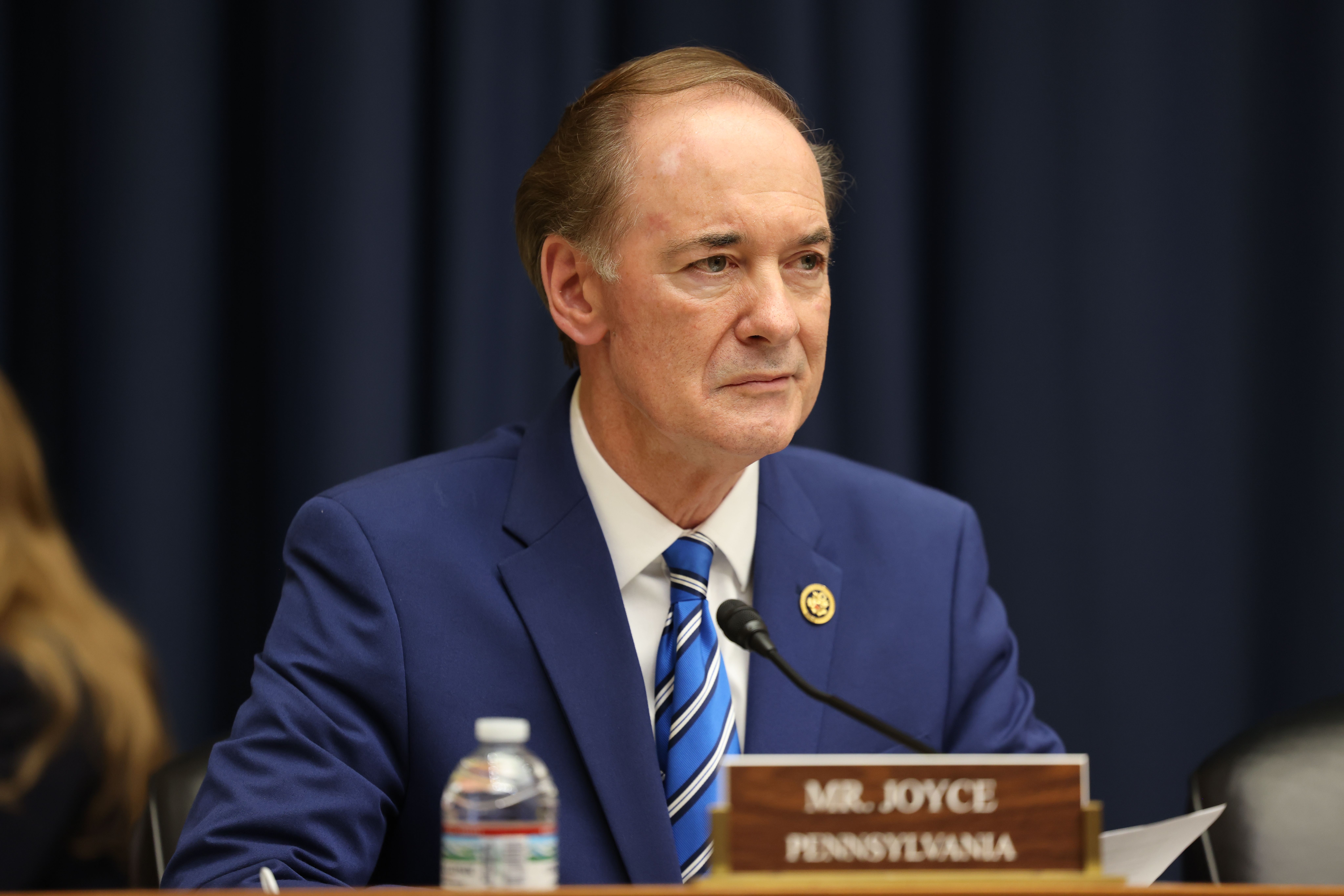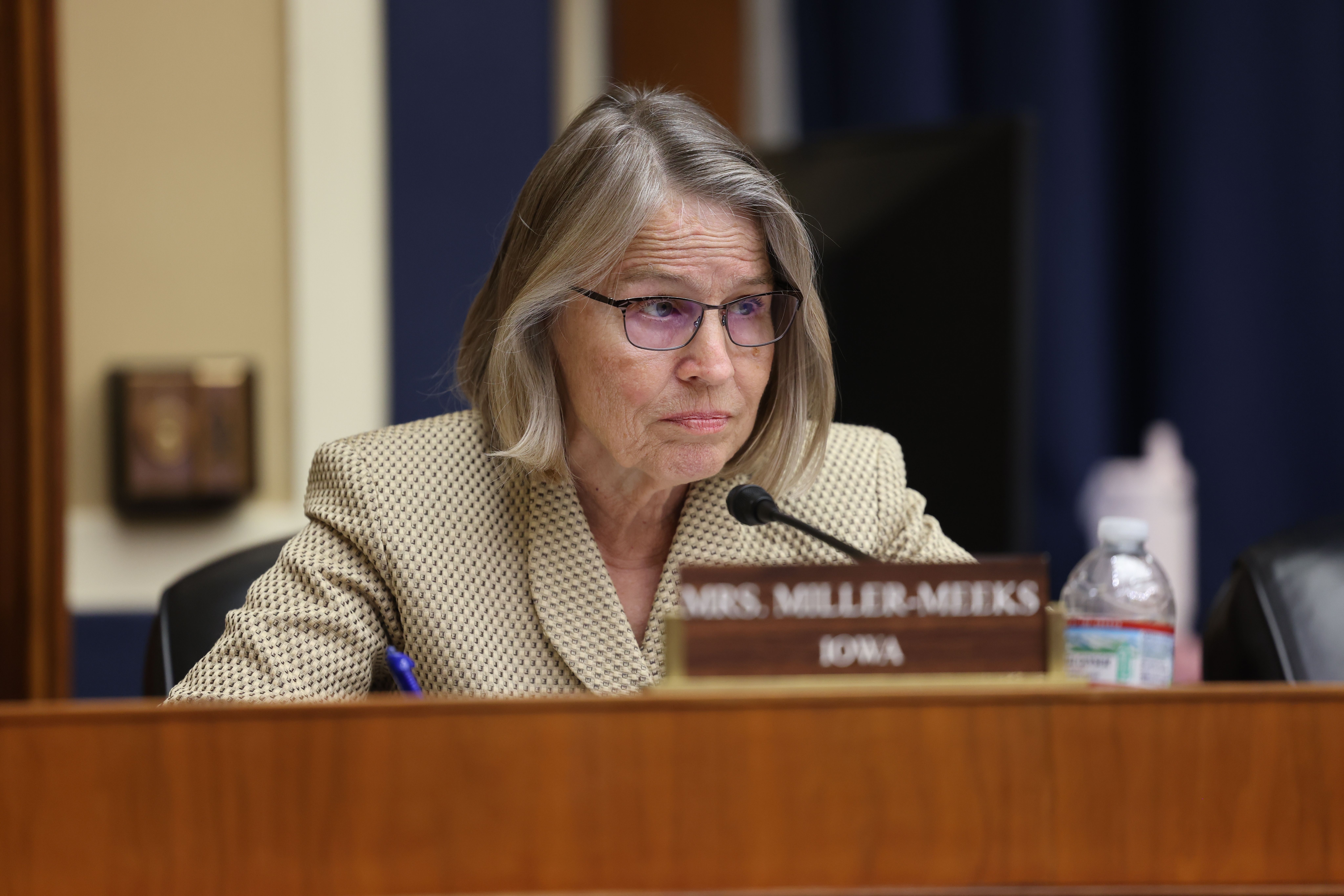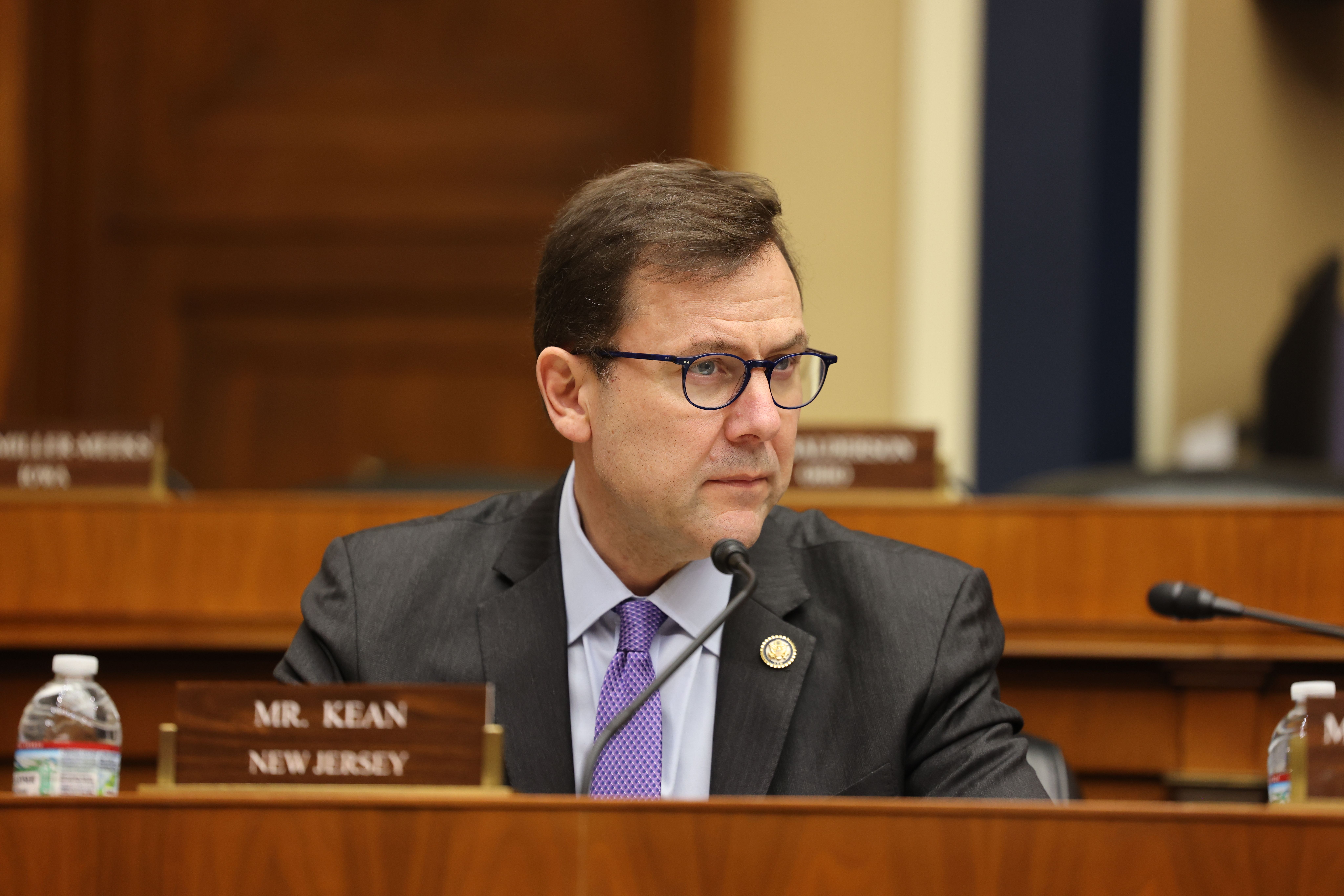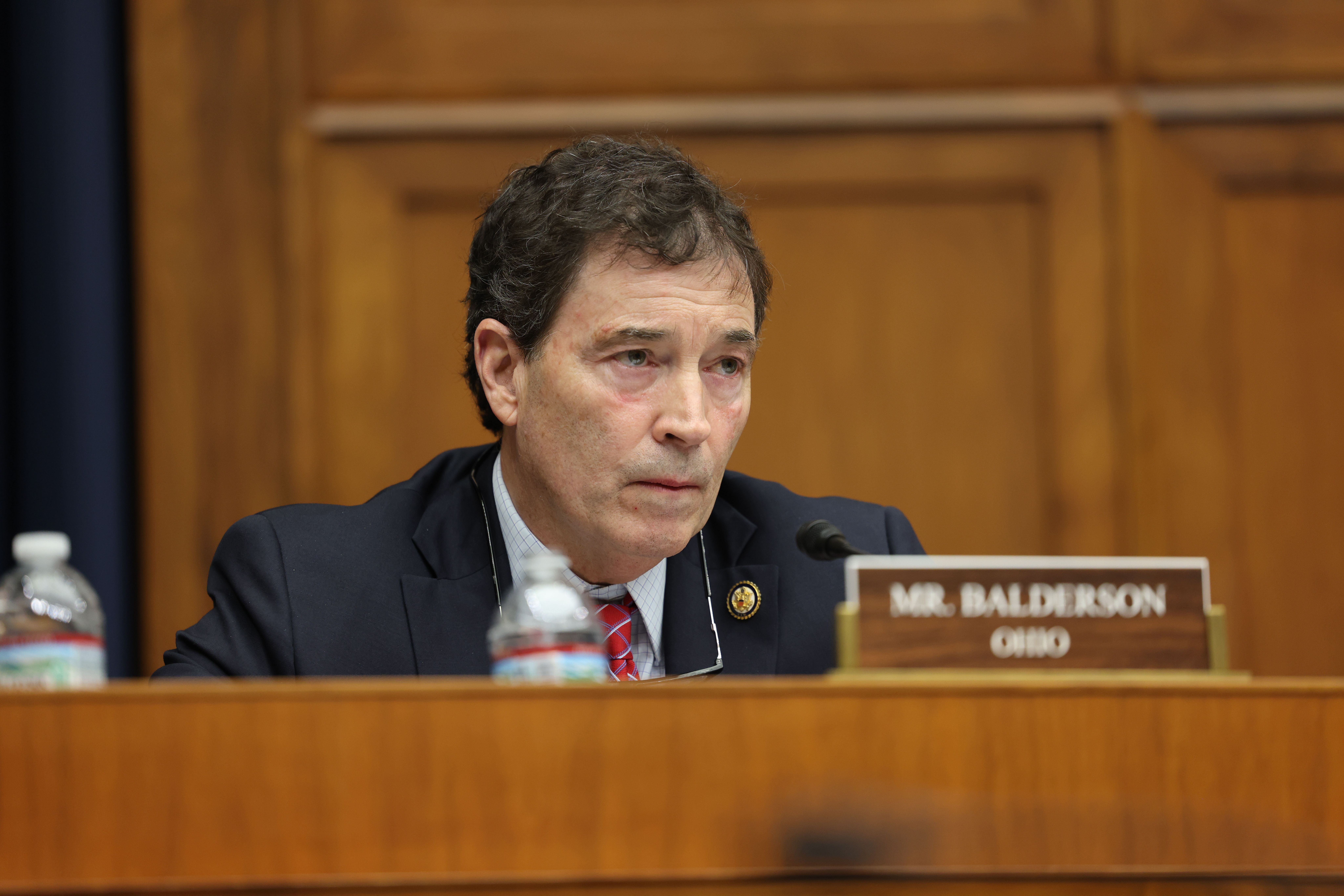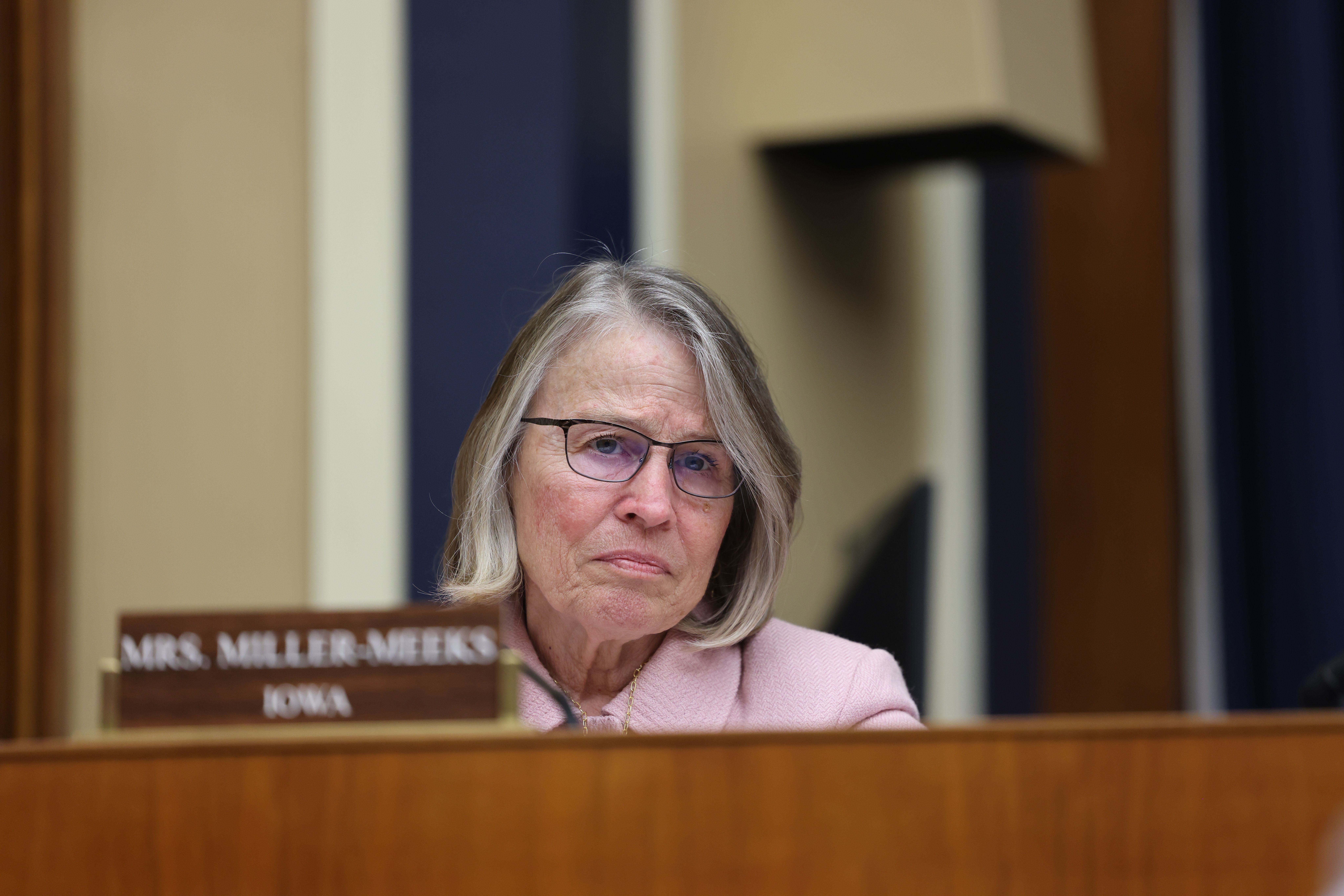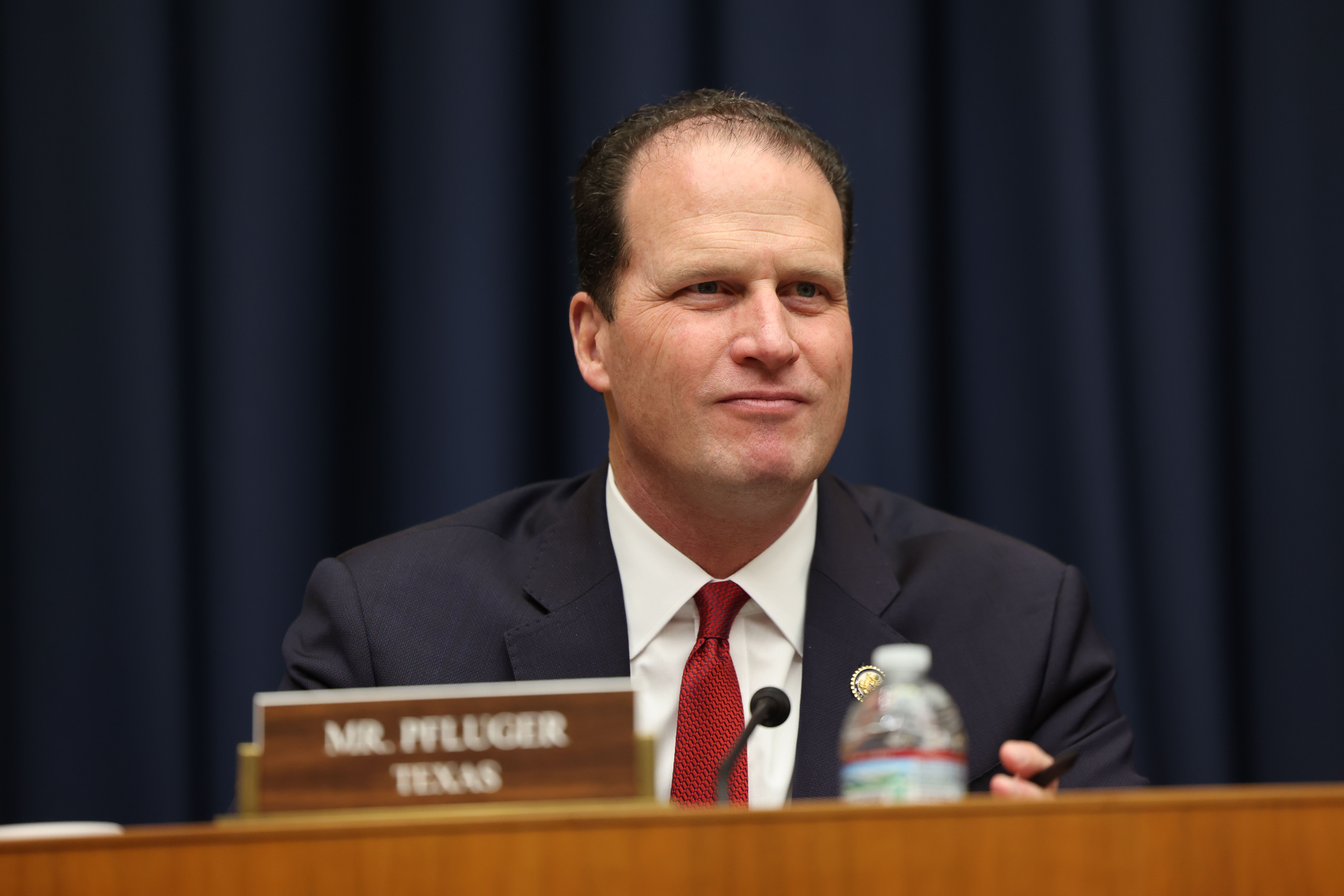ICYMI: “House Healthcare Leaders: Republicans Cleaning Up Democrat ‘Mess,’ Inviting Health Insurance CEO to Testify”
WASHINGTON, D.C. – In case you missed it, ** Breitbart ** recently reported that Congressman Brett Guthrie (KY-02), Chairman of the House Committee on Energy and Commerce, and Congressman Jason Smith (MO-08), Chairman of the House Committee on Ways and Means, announced upcoming hearings inviting five of the nation’s largest health insurance company CEOs to testify on rising health care costs and ways to make health care more affordable for all Americans.
In Case You Missed It:
“House Energy and Commerce Chairman Brett Guthrie (R-KY), House Ways and Means Chairman Jason Smith (R-MO) told Breitbart News that Republicans have been forced to clean up Democrats’ healthcare ‘mess;’ they will invite health insurance executives later this month to testify on how to lower healthcare costs.
“‘House Republicans are once again left to clean up the mess of Democrats’ flawed policymaking. Instead of temporarily bailing out a failing program utilized by a fraction of the country, we have invited five of the top health insurance company CEOs to testify before our Committees to have a discussion and answer questions about rising costs, the current state of health care affordability, and the role played by large health insurers,’ Guthrie and Smith said in a written statement.
“On January 22, health insurance executives will testify before two hearings, with the Energy and Commerce Committee hearing taking part in the morning, and the Ways and Means Committee hearing taking place that afternoon.
“Executives that have been invited to the hearings include:
- Stephen Hemsley, CEO, UnitedHealth Group
- David Joyner, President and CEO, CVS Health Group
- David Cordani, President, CEO, and Chairman of the Board, Cigna Health Group
- Gail Boudreaux, President and CEO, Elevance Health
- Paul Markovich, President and CEO, Ascendiun
“‘This hearing is the first in a series to examine the root causes driving higher health care prices and discuss policies that will lower the cost of care for all Americans,’ they continued.
“The hearings will take place as the House will as soon as Thursday vote on a bill that would extend the expiring enhanced Obamacare subsidies, which has become a focal point of the nation’s healthcare debate.
“Democrats have honed in on these expiring Enhanced Premium Tax Credits (EPTCs), or enhanced Obamacare credits, that aim to lower the cost of health insurance. However, as Breitbart News has detailed, these enhanced subsidies that were meant to serve as a temporary relief from the effects of the coronavirus pandemic are rife with abuse.
“The nonpartisan Government Accountability Office (GAO) found that there was rampant waste, fraud, and abuse coming from these premium tax credits. Further, a report from the Paragon Health Institute has explained how the expiring Obamacare premiums minimally impacted total 2026 premiums, which counters a Democrat narrative that the expiration of these credits are responsible for the recent rise in health insurance premiums.
“Democrats first enhanced these subsidies through the pandemic-era stimulus plan, the $1.9 trillion American Rescue Plan. The Democrat majority in Congress then extended the credits through the so-called Inflation Reduction Act through the end of 2025, setting the stage for Congress’s current healthcare fight.
“In contrast to the Democrats, Republicans in the House passed the Lower Health Care Premiums for All American Act, a bill that the Congressional Budget Office (CBO) said would lower premiums by 11 percent and save $35.6 billion.
“‘Republicans are committed to making health care more affordable by driving solutions that increase patient choice and competition, root out waste, fraud, and abuse, and put patients back at the center of our health care system,’ the healthcare leaders concluded in their statement.”
